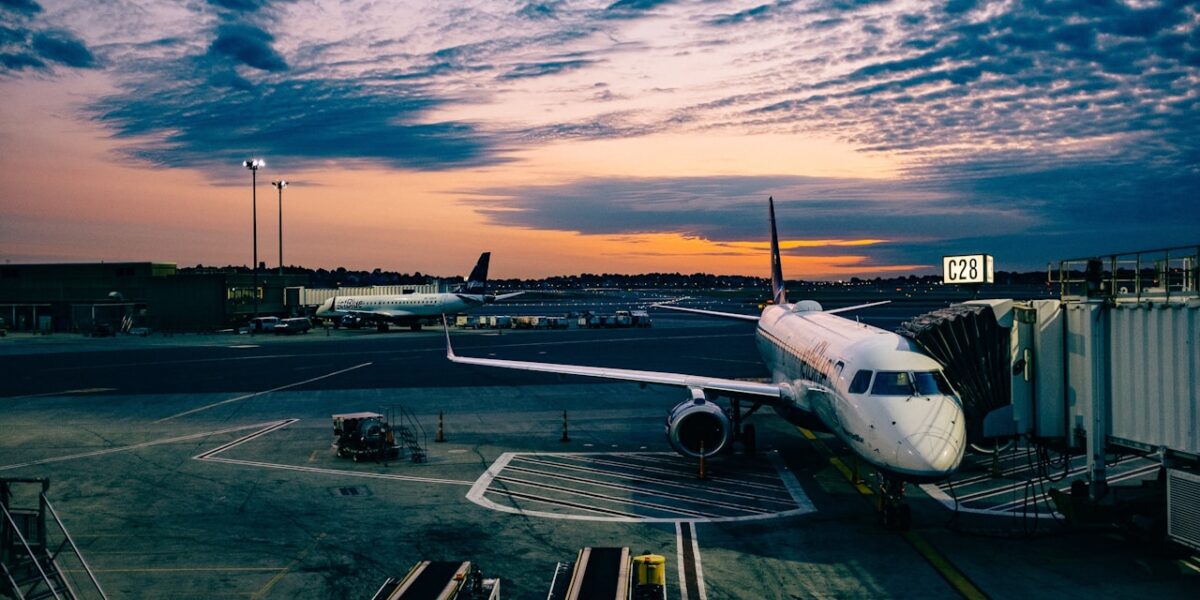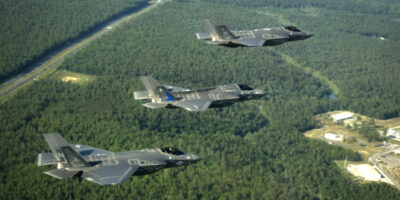Rare Planes: A Journey Through Aviation History
Many aircraft have graced the skies over the years, but some remain elusive to aviation enthusiasts. These rare planes, often created for specialized purposes or produced in limited numbers, offer a glimpse into the fascinating world of aviation innovation.

The Lockheed SR-71 Blackbird
The Lockheed SR-71 Blackbird stands out as a marvel of engineering. Developed in the 1960s, this reconnaissance aircraft was designed to fly at unprecedented speeds and altitudes to avoid enemy detection. Capable of reaching speeds exceeding Mach 3, the SR-71 could outrun surface-to-air missiles. Its unique shape and black paint helped it evade radar detection. Only 32 were built, making it a rare sight.
The Hughes H-4 Hercules
Known as the Spruce Goose, the Hughes H-4 Hercules is an enormous cargo-type flying boat. Built during World War II, it was intended to transport troops and equipment across the Atlantic. Made primarily of wood due to wartime restrictions on metals, it completed only one flight in 1947. The aircraft remains a testament to ambitious aviation design, despite its limited use.
The Northrop YB-49
The Northrop YB-49 was an experimental bomber developed in the late 1940s. It featured a striking flying wing design, which promised improved aerodynamics and fuel efficiency. However, stability issues and the advent of jet engines led to the project’s cancellation. Only a few prototypes were built, making the YB-49 a rare gem in aviation history.
The Dornier Do 335
During World War II, the Germans developed the Dornier Do 335, a unique push-pull fighter aircraft. Equipped with two engines—one in the front and one in the back—it achieved impressive speeds. Its design reduced drag and provided exceptional performance. Only about 37 were produced before the war’s end, and few survive today.
The Douglas XB-42 Mixmaster
The Douglas XB-42 Mixmaster was an experimental American bomber developed during World War II. Its unconventional design featured piston engines mounted in the fuselage to drive contra-rotating propellers at the tail. The Mixmaster promised high speeds and long-range performance but was overshadowed by jet technology. Only two prototypes were constructed.
The North American XB-70 Valkyrie
The North American XB-70 Valkyrie was a supersonic bomber developed in the early 1960s. With its ability to cruise at Mach 3, the Valkyrie aimed to outrun enemy interceptors. Its innovative design included folding wingtips to enhance stability at high speeds. Budget constraints and the development of intercontinental ballistic missiles led to the program’s cancellation after just two prototypes.
The Avro Canada CF-105 Arrow
The Avro Canada CF-105 Arrow was a cutting-edge interceptor developed in the 1950s. It boasted advanced aerodynamics and powerful engines, offering exceptional speed and altitude capabilities. Despite its potential, the project was abruptly cancelled, and all prototypes were destroyed. The Arrow remains a subject of intrigue and speculation among aviation enthusiasts.
The Vought XF5U Flying Pancake
The Vought XF5U Flying Pancake was an experimental Navy fighter with a distinctive disc-shaped body. Its unusual design aimed to combine the benefits of fixed-wing aircraft and helicopters, such as vertical takeoff and landing. The XF5U never progressed beyond testing due to the rapid advancement of jet technology. Only one prototype was completed, making it a true rarity.
The Bristol Brabazon
The Bristol Brabazon was an ambitious British attempt to create a long-range airliner in the late 1940s. Designed for transatlantic flights, it featured luxurious accommodations and a spacious cabin. However, its size and cost proved impractical in the evolving commercial aviation market. Only one prototype was built before the project was terminated.
The Kalinin K-7
The Kalinin K-7 was a massive Soviet aircraft from the early 1930s. It featured a large wingspan supported by twin booms and was designed for military and civilian purposes. Despite its innovative design, structural issues led to a tragic crash during testing, and the project was discontinued. The K-7 remains a significant yet rare piece of aviation history.
- Lockheed SR-71 Blackbird
- Hughes H-4 Hercules
- Northrop YB-49
- Dornier Do 335
- Douglas XB-42 Mixmaster
- North American XB-70 Valkyrie
- Avro Canada CF-105 Arrow
- Vought XF5U Flying Pancake
- Bristol Brabazon
- Kalinin K-7
These rare planes showcase a range of innovative designs and ambitious engineering efforts. Each holds a unique place in aviation history, offering a glimpse into the technological advancements and challenges faced by their creators. Though they are not commonly seen in the skies today, their legacy endures in museums and the annals of aviation lore.



